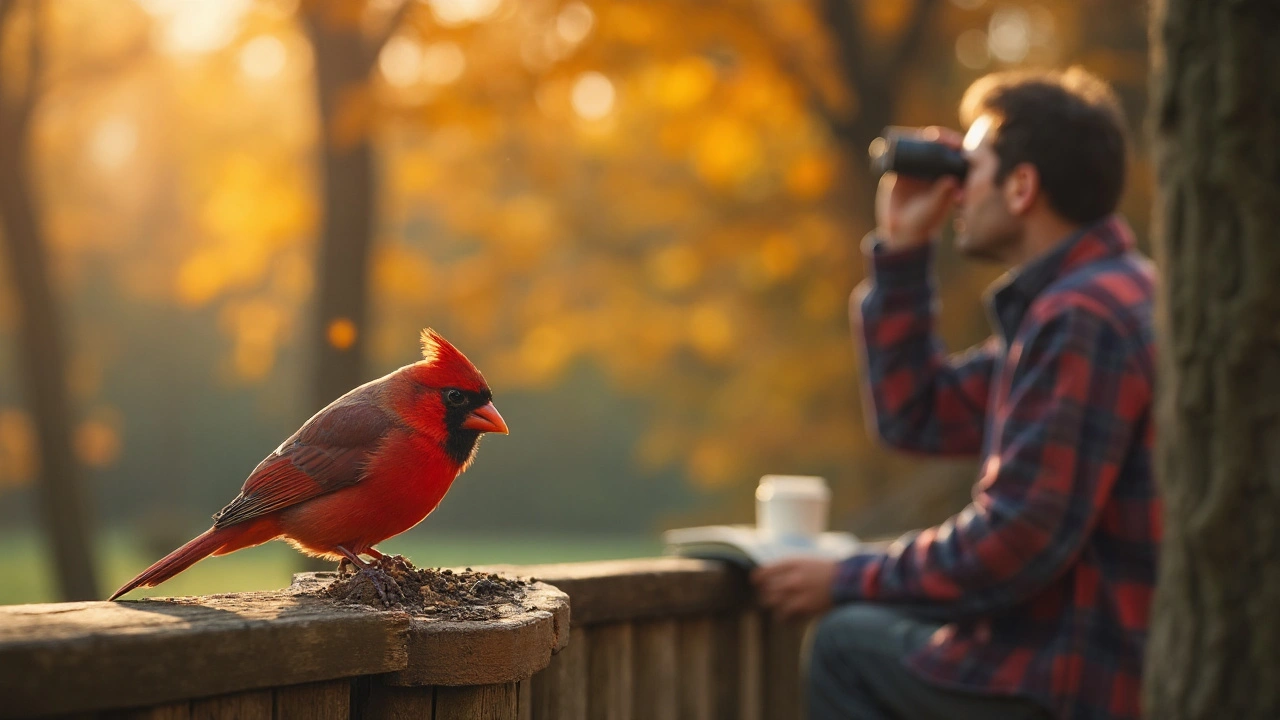Feather Plucking in Pet Birds – What Triggers It and How to Stop It
If you’ve ever watched your parrot or cockatiel pull out its own feathers, you know how distressing it looks. Feather plucking isn’t just a bad habit; it’s often a signal that something is off with the bird’s health or environment.
Common Reasons for Feather Plucking
Stress tops the list. Loud noises, sudden changes in routine, or a cramped cage can make a bird feel unsafe, leading to self‑grooming gone wild. Illness is another big factor – skin infections, parasites, or nutritional deficiencies give birds an itchy feeling that they try to soothe by pulling feathers.
Hormonal spikes during breeding season also spark plucking. Even boredom matters; without toys or interaction, a bird may turn to its plumage for stimulation. Finally, improper cage mates can cause aggression and anxiety, pushing the bird toward feather loss as a coping mechanism.
Practical Steps to Stop the Habit
First, schedule a vet visit. A professional can rule out mites, fungal infections or internal issues that need medication. Blood tests might reveal vitamin imbalances; supplementing with calcium, omega‑3 fatty acids or specific bird vitamins often helps.
Next, look at the cage setup. Aim for at least 2 cubic feet per bird, place perches of varying diameters, and add safe chew toys. Rotate toys weekly to keep curiosity alive. Soft background noise like classical music can mask sudden sounds that startle a nervous bird.
Nutrition plays a huge role. Offer a balanced diet with quality pellets, fresh vegetables, and occasional fruit. Avoid seed‑only meals – they’re high in fat and low in essential nutrients, which can trigger skin irritation.
Reduce stress by keeping a consistent daily schedule. Feed, clean the cage, and interact at the same times each day. If you have multiple birds, monitor their interactions; separate any that bully others.
For immediate relief, apply a non‑medicated topical spray or powder recommended by your vet to soothe itchy skin. Some owners find a light mist of water on the cage during hot days reduces dryness that can lead to plucking.
Lastly, give extra attention. Hand‑tame your bird for short, calm sessions each day. Positive reinforcement – gentle praise or a favorite treat when the bird sits calmly – builds trust and lowers anxiety.
Remember, feather plucking rarely fixes itself overnight. It’s a sign that you need to tweak something in the bird’s life, whether it’s health, diet, environment, or emotional wellbeing. By spotting the cause early and acting with these practical steps, you’ll see fewer missing feathers and a happier, more vibrant companion.
Deplumation Explained: Causes of Feather Loss in Birds and How to Help
Why birds lose feathers and what to do. Learn the science of deplumation, key causes, red flags, and a step-by-step plan to diagnose, treat, and prevent.
